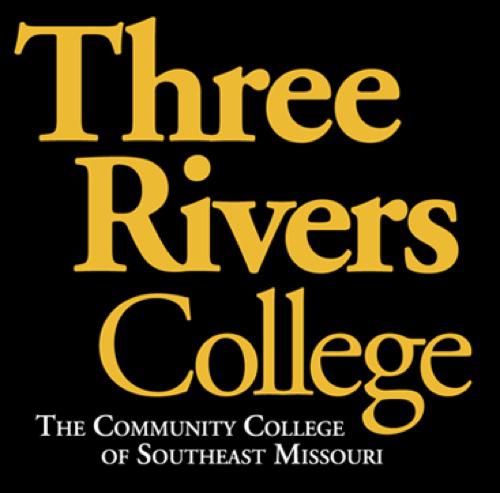Local Schools
Three Rivers to Provide Courses at Mingo Job Corps
June 03rd 2015 by Dee Loflin

“The Job Corps program does an outstanding job of serving low-income students throughout the nation, and the Mingo Center is no exception,” said Dr. Mary Lou Brown, Dean of Academic Instruction at Three Rivers. “We’re very proud to be able to provide some of the courses their students need to further their education.”
The agreement allows Three Rivers to provide transitional English, reading, and mathematics courses at the Mingo center. The courses are designed to help students catch up to college-level coursework, while allowing students to learn at their own pace. Three Rivers also works with the Mingo center to provide high-school equivalency testing for students in the center’s GED program.
“Mingo Job Corps has always encouraged their students to further their education thru college and Three Rivers is giving that opportunity to the students by providing classes on center,” said Pamela Denkins, Academic Manager for the Mingo Job Corps Center.
The Mingo Job Corps Civilian Conservation Center is one of 125 Job Corps locations operated nationwide. Job Corps is a no-cost education and vocational training program operated by the U.S. Department of Labor that helps young people from low-income backgrounds, ages 16 through 24, improve the quality of their lives through vocational and academic training. The Mingo facility is capable of housing over 200 students, and specializes in career technical training that will promote job opportunities.
For more information on taking classes at Three Rivers College, visit trcc.edu or call the Welcome Center at 573-840-9605. For more information on the Mingo Job Corps Civilian Conservation Center and the Job Corps program, visit mingo.jobcorps.gov or contact JoAnn Hughey at 573-222-2665.
Three Rivers College is committed to contributing to the quality of life in Southeast Missouri with quality, affordable higher education opportunities and community services that support and encourage the economic, civic, and cultural vitality of the region. For more information about college and workforce programs and upcoming events, visit trcc.edu.
Last Updated on June 03rd 2015 by Dee Loflin
https://showmetimes.com/Blogpost/uu48/Three-Rivers-to-Provide-Courses-at-Mingo-Job-Corps

